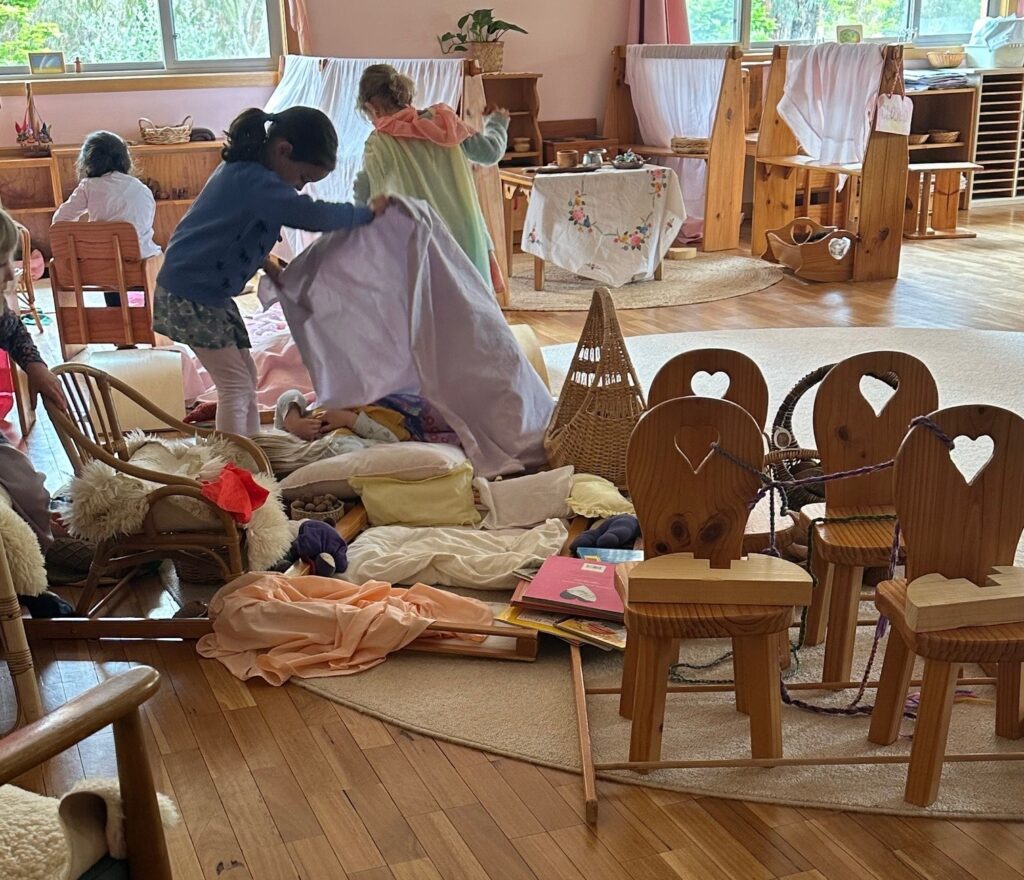
As the year comes to a close, we are noticing changes in long-established relationships within our early childhood social group. This is to be expected and is a normal part of development. Over the past few weeks, I have discussed these changes with several parents and thought it might be useful to reflect on how we can support children in building resilience during this potentially uncomfortable time.
First, it’s important to recognize that “resilience” can often feel like a catchphrase in today’s society. However, building resilience requires navigating some adversity to truly develop as a well-rounded person. Second, we, as parents, need to walk this journey with our children, and in doing so, we will be building our own resilience in a new way. In many ways, this process may be more challenging for the adult than for the children.
If your child is struggling with changes in their social group, take the time to listen to their worries while resisting the temptation to “rescue” them. We will not always be able to spare them heartache, and it is important for children to practice coping with challenges while the issues are small and developmentally appropriate. Each of these small steps will lay the foundation for their future experiences in primary school, high school, and later in adult life.
Reminding your child what it means to be a good friend—being treated and treating others kindly and with respect—is important. If this is not happening, it may be better for them to consider looking for other friends for a small period of time. Additionally, we will all be on both the giving and receiving end of relationships, and navigating these challenges early will help them build empathy for others when they find themselves in similar situations.
The role of the educators is to support the children and to help them navigate these social complexities and we ask for your support in doing this. Your child’s teacher is available to discuss this and can provide further resources regarding social change should you be finding that your child is facing this type of challenge.
Lastly keep in mind that most hiccups in a friendship one day are quickly resolved and forgotten the next. Our aim is for the child to have a wide range of friends so that the child is not socially alone if/when a particular friend is away.
As always we are here to support families and we are here should you need additional support.
Warmly,
Kira Du Plessis – Early Childhood Director

